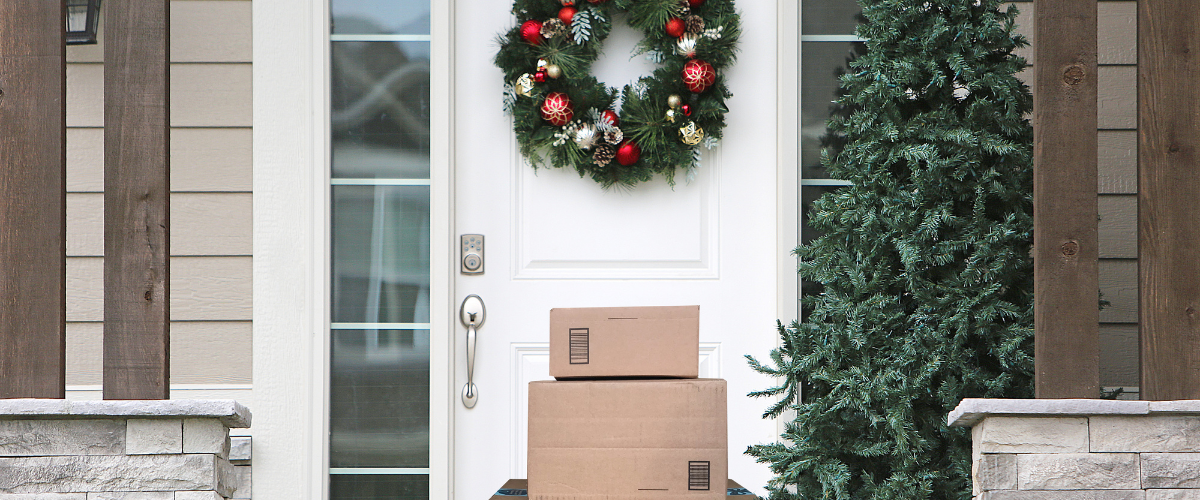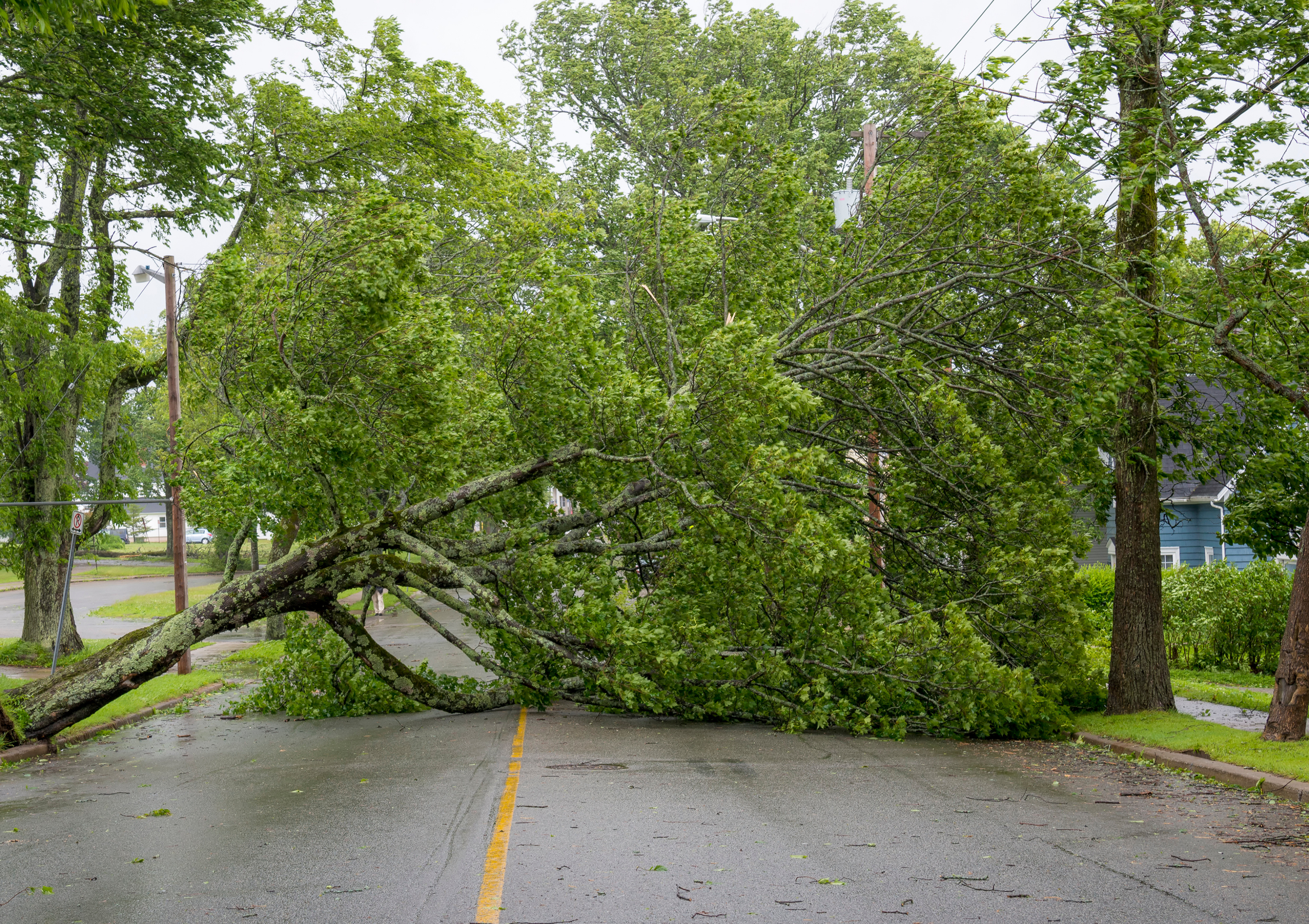Protect Your Packages (And Your Home) During the Holidays
There’s almost nothing more convenient than online ordering – and this year will be a holiday season like no other.
With smaller gatherings and social circles, you’ll likely be shipping more packages to friends and family you’d normally see in person over the holidays.
Unfortunately, more packages being delivered could increase the risk of package theft. A study by C+R Research estimates that 36% of survey respondents have had a package swiped from their doorstep before they could retrieve it, and over 50% knew someone who’d had a package stolen.
Since online shopping is only predicted to increase, here are a few steps to protect your deliveries from what are commonly called porch pirates.
HOW TO PROTECT DELIVERIES FROM PORCH PIRATES
- Install a smart device. Various smart gadgets on the market can help keep packages secure. A video doorbell allows you to see and speak to the delivery person at your door through your mobile device. You can ask them to leave the package in an inconspicuous spot or activate your smart lock and have them leave it inside your door.
- Contact your carrier. Do a little detective work, and you may uncover some options through the delivery service. Many carriers now offer flexible options that let you schedule or reroute deliveries. For example, you could have them dropped off and held at a retailer near you, or deposited in a secure locker, such as gopost from the USPS. Before you order, check the alternative offerings from the carrier.
- Check your credit card policies. Some credit card companies offer protection against package theft to help you recover your losses. For specifics, get in touch with your credit card company to find out if this coverage is available and for how much.
- Track your packages. Reputable retailers often offer free package tracking so you can see when your purchase ships and where it stops along its journey to your front door. Being able to see when it might arrive can help you protect that package from theft.
KEEP YOUR HOME SECURE AGAINST HOLIDAY BURGLARS
Once you have your packages inside your home, you’ll want to protect them, and your own belongings, from holiday thieves. Here are some tips to help protect your home during the holidays.
- Keep doors locked. This almost goes without saying, but make sure you keep your doors and windows locked. According to 2019 data from the FBI, 37% of burglaries are unlawful entries, suggesting that doors and windows were not secured.
- Shore up your garage’s weaknesses. This part of the house has some weak points that make it pretty easy for an intruder to work their way in. If you park your car in the driveway, don’t keep the garage opener in your car; keep it in the house. Never store gifts in the garage, especially if your garage has windows and non-deadbolt locks on exterior doors. Finally, always use the deadbolt to secure the door from the garage into the house.
- Create that at-home look. With those short days and long nights, it’s a good idea to put your lights on a timer. You can also have a neighbor or family member park in your driveway intermittently. It’s a great way to fool a burglar into thinking of someone’s home.
- Discard wisely. What’s a sure sign to a burglar that your home is now filled with expensive gadgets? Empty boxes stacked next to your recycling bin. Instead, load them up in your car and find a place where you can drop these off.
- Conceal your gifts. Some people like to have gifts out ahead of the actual holiday. If these are visible from the outside, it can be tempting to a burglar. Keep your shades or drapes drawn. Or, if you like showing off your holiday decorations to your neighbors, consider storing the wrapped gifts in a closet or some other out-of-sight place until the big day.
- Be social media savvy. Do take lots of pictures of your holiday vacation or the delighted faces of your loved ones opening gifts, but be mindful of what you share online and when you share them. (Tip: You may want to wait until after you’re safely home to post on social media.)



